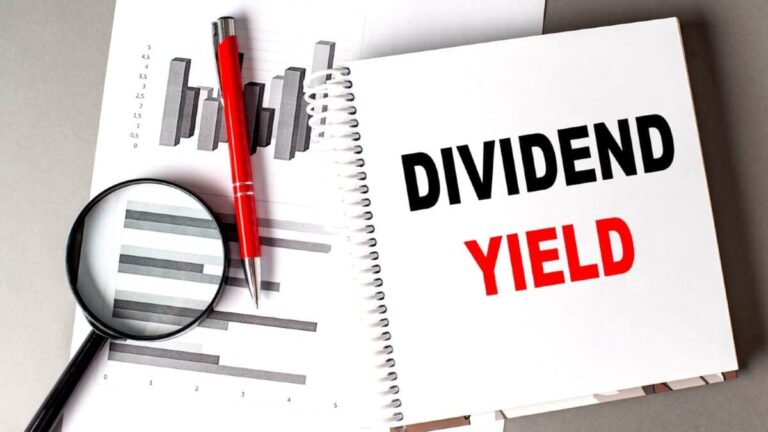
Image source: Getty Images
There’s never been an easier time to start investing than now. Back in the day, you had to call a stockbroker and pay hefty commission fees just to place a trade. Minimum investments were far higher, while up-to-date share price information was much harder to come by.
Thankfully, advancements in technology have changed the game entirely. People can now set up an investment account on their phone in minutes, while many platforms don’t charge any trading fees.
Plus, some of them offer the ability to buy fractional shares. That’s enormously helpful because some companies trade with very high share prices. One share of travel-booking firm Booking Holdings, for example, costs $5,696 today!
Moreover, there’s loads of free info on YouTube, blogs, podcasts, and sites like The Motley Fool. That’s obviously great news for everyday investors.
Please note that tax treatment depends on the individual circumstances of each client and may be subject to change in future. The content in this article is provided for information purposes only. It is not intended to be, neither does it constitute, any form of tax advice. Readers are responsible for carrying out their own due diligence and for obtaining professional advice before making any investment decisions.
Advantages
Therefore, £500’s easily enough to start investing. Someone would ideally deposit this into a Stocks and Shares ISA to shield all potential returns from taxes.
If the investing app doesn’t levy trading fees, this sum could be used to buy five different shares (£100 in each one). Then those positions could be built over time, as and when further cash becomes available to invest.
Indeed, I see two main advantages starting off with a small amount. One is that the losses would be less severe if the market suddenly tanks, which occasionally happens (without warning!).
Another is that beginners — whether they’re investing or learning to drive a car — inevitably make mistakes. Again, that could be far less costly with £500 than £50,000.
Mighty dividend yield
One FTSE 100 stock I think’s worth considering is Legal & General (LSE: LGEN). This is one of the UK’s largest financial services companies, specialising in pensions, asset management, and insurance. Its investment arm (LGIM) manages over £1trn in assets.
Last year, core operating profit grew 6% to £1.6bn, which was enough to fund a £500m share buyback this year. Forecast revenue growth over the next couple of years isn’t eye-popping, but this is an established and diversified business.
The biggest attraction here is the chunky dividend yield. Based on forecasts for 2025, the forward yield’s 8.6%, rising to 8.8% in 2026. This makes it one of the highest-yielding shares in the FTSE 100.
It means an investor could expect £8.60 back in dividends from every £100 invested. Or £43 from a £500 investment.
Of course, it’s worth noting that dividends aren’t guranteed. So I wouldn’t bet the farm on just one or two dividend shares. And Legal & General would face challenges if the UK economy, to which it’s heavily tied, suffers a downturn. LGIM’s also exposed to volatility in financial markets, especially with bonds.
Nevertheless, I think Legal & General’s perfectly set up to benefit from an ageing population, which is a powerful demographic trend that will play out over the next few decades. I expect the dividends to keep flowing steadily for years to come.
Were an investor to eventually build up a £5,000 position in Legal & General shares, they would generate £430 a year in passive income, assuming the same 8.6% yield. This could be used to reinvest in more shares, turbocharging the compounding process.






![Just released: June’s lower-risk, higher-yield Share Advisor recommendation [PREMIUM PICKS]](https://dailydiverse.site/wp-content/uploads/2025/05/1748398543_Ice-1200x675-768x432.jpg)


